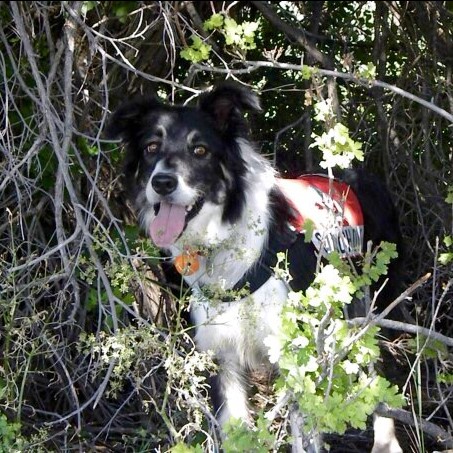Dementia Wandering
What is wandering?
Alzheimer’s Disease and Related forms of Dementia (ADRD) can cause people to become confused and not able to recognize familiar places and people. This can cause a person to wander (on foot, by car, or by public transportation) and become lost. Anyone living with dementia is at risk of wandering at any stage of the disease, but it is more common in the middle and later stages. Here are some facts about dementia wandering:
- 1 in 3 American Indians 65 years old and above are projected to develop dementia
- 4 out of 5 (80%) elders with dementia will wander – multiple times
- Many people with dementia will see rescuers as threatening due to confusion
- 90% of people who wander may die if they are not found within 24 hours
- 12-14 million Americans will be affected with Alzheimer’s by 2040
- It’s estimated that 6.2 million Americans 65 years old and above are living with dementia in 2021
- People with dementia who wander will rarely call out for help
Indian Elders and Wandering: My Personal Experience
A Message from Dave Baldridge, Executive Director of IA2
In my 17 years of personal experience with Search and Rescue missions in New Mexico, I participated with my border collie in some 60 or so search and rescue (SAR) missions, several of which involved missing Indian elders. Some had positive outcomes, others were unsuccessful as we arrived too late to help.

In our state, searches on Indian land (Pueblos or reservations) involve complex jurisdictional issues, with overlapping responsibilities of tribal and state police, the FBI, the Bureau of Indian Affairs, and any of 42 volunteer SAR teams. Consequently, searches on Indian land may not “hit the ground” as promptly as those on state- or BLM venues.
As we have learned, searches for missing elders entail a critical first-24-hour time period, after which survival probability drops to 50 percent. In particular, elders who wander due to dementia are more likely to find themselves in dangerous situations.
In one case, a missing elder hitchhiked to a nearby town, where he was found in a local restaurant. In others, elders have wandered in mountainous terrain until they collapsed. In all cases, the urgency of a “quick” (within 24 hours) find, remains a top priority for SAR personnel.
We’ll see more senior citizen wanderers in cities, parks, suburbs, and wilderness. Search and rescue teams do their best to mitigate the often-devastating effects of wandering, but they can’t prevent the incidents. Therefore, outreach and education about dementia wandering in elders is important for all communities.

